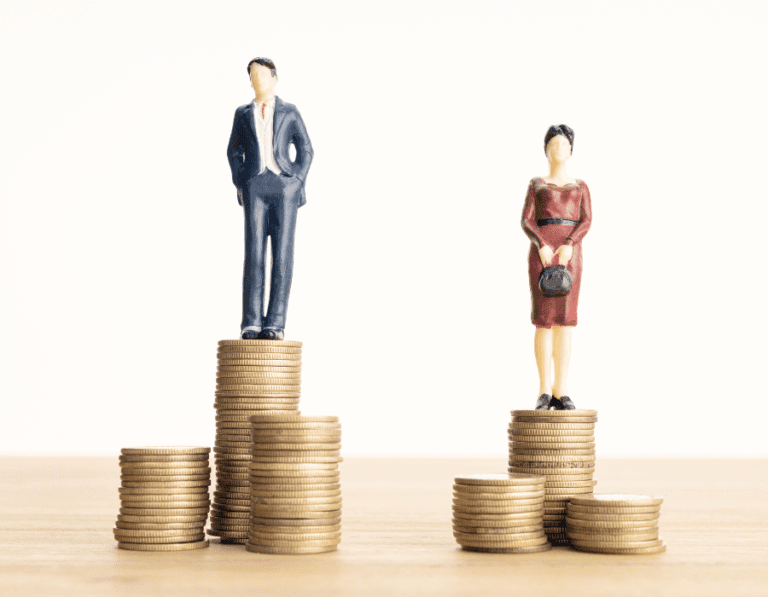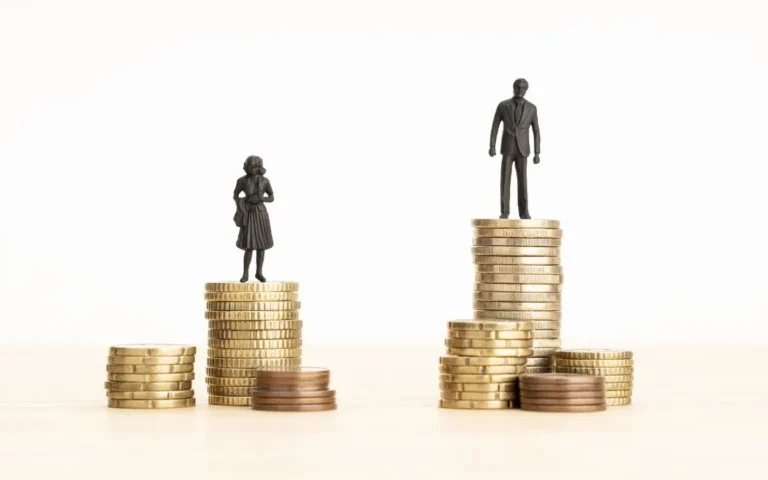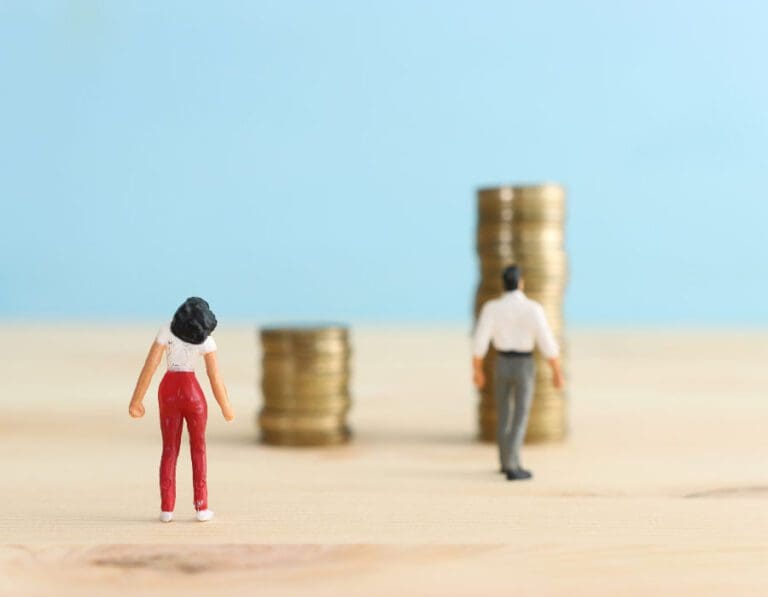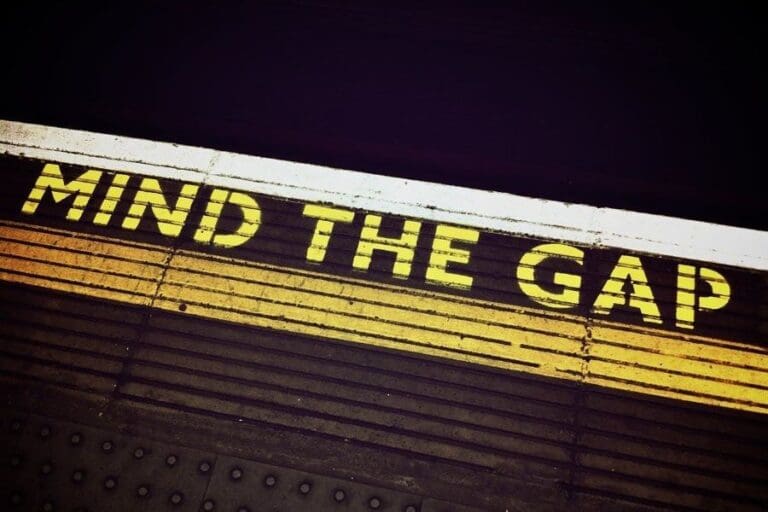Equal Pay Day is a national campaign led by the Fawcett Society in the UK. It marks the day in the year where women effectively, on average, stop earning relative to men because of the gender pay gap.
This year’s Equal Pay Day is just two days later in the calendar that it was in 2021 – a worrying sign considering women have been disproportionately affected by the economic crisis. Women are more likely to be in low paid jobs and have been hit the hardest by the sharp rise in inflation.
The gender pay gap is the difference between the average pay of men and women within a particular group or population. Fawcett uses the mean, full-time, hourly gender pay gap for the UK to calculate the gender pay gap for Equal Pay Day which this year is 11.3%, a tiny decrease from 11.9% last year.
Jemima Olchawski, CEO of the Fawcett Society said, “It is deeply disappointing that the gender pay gap has barely shifted in the past few years, especially given the cost of living crisis is hitting women the hardest and forcing them to make impossible choices.”
“Other data indicates that the pay gap may be even worse for women of colour – though we still don’t know the full picture.”
“We need more urgent action now, to put women’s equality at the heart of our economic recovery.”
“The government should make flexible work the default with a requirement for jobs to be advertised as a flexible upfront, to enable more women to work.”
“We need mandatory ethnicity pay gap reporting and action plans, and we need employers to stop asking discriminatory salary history questions.”
“Women can’t afford to wait any longer for the gap to close.”






